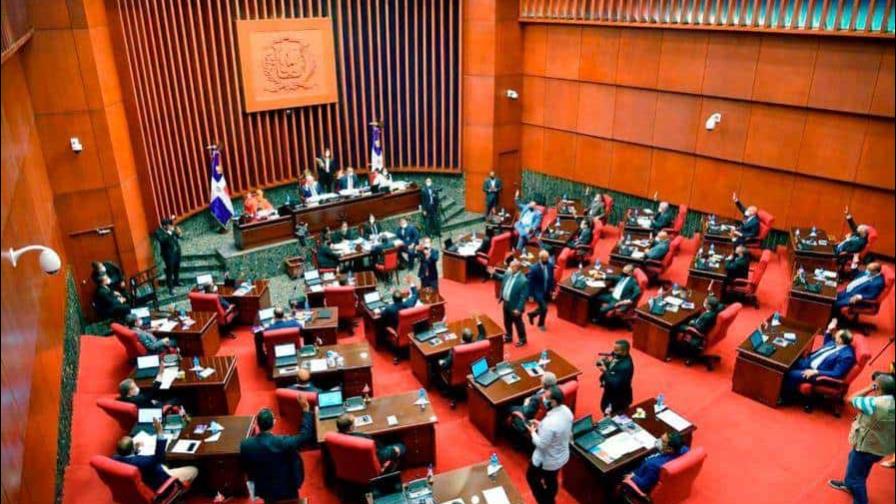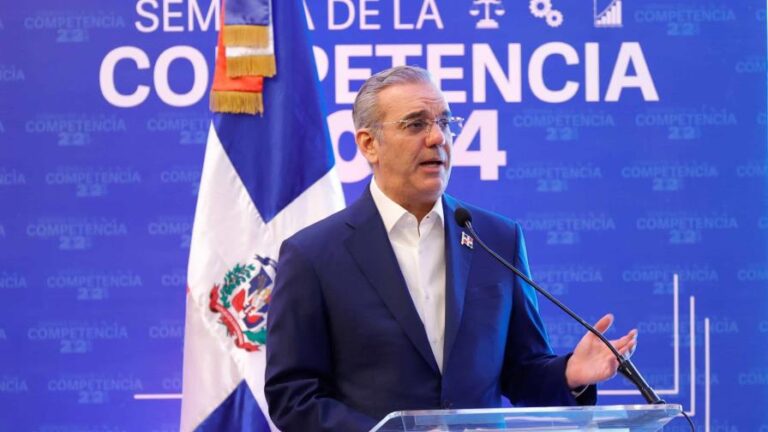
The labor reform includes the regularization of telecommuting and domestic work.
After more than two weeks without any progress on the legislative proposal, the Senate will begin analyzing the reform of the Labor Code proposed by the Executive Branch as part of its reform package this Thursday.
According to Senator Rafael Barón Duluc, who chairs a special commission to study the project, the team will meet for the first time on Thursday and will determine a working methodology to advance the labor reform.
The senator from the province of La Altagracia expressed that it is possible the commission will lead public hearings to discuss the project with the entire society and with the sectors that would be impacted by the reform.
The preliminary method for studying the proposal would consist of a first meeting with the entire commission, a complete reading of the project, discussions with some involved parties, and public hearings to gather observations from civil society. All steps must be authorized by a majority vote within the commission.
In the round of discussions with the sectors, Senator Barón Duluc indicated that the commission would meet with business owners, employers, labor unions, employees, and all “those who have been influencing” the creation of a labor reform.
The Severance
When Labor Minister Miguel de Camps submitted the labor proposal to the Senate, he indicated that the initiative does not address severance pay. Immediately, several business representatives rejected the project, stating that it was not the result of total consensus.
In this regard, the senator coordinating the special commission expressed that the issue of severance “is not about being closed or open,” but about seeking a consensus in which all involved agree with the proposal.
However, the legislator emphasized that if the topic of severance, or any other issue in the reform, does not generate the necessary agreements, Congress will have to make a decision that benefits the majority of the Dominican people.
“Just because someone opposes a topic, we cannot refrain from acting. The same applies to laws,” he stated.
Although the Executive Branch launched its original proposal, the commission would be changing some points after examining the initiative with the various sectors. In fact, the senator leading the commission emphasized that Congress is an independent power with sufficient authority to modify the projects submitted by President Luis Abinader.
“The new Labor Code must be discussed and analyzed so that legislators have a global and correct vision and can conduct comparative studies with other countries to formulate a reform appropriate to these times,” he concluded.
An Old Code
With the labor reform, the Executive Branch seeks to modernize the existing Labor Code in the Dominican Republic. This piece of legislation was promulgated in 1992 and has never been modified.
According to the proposal sent by the Executive Branch, the labor reform aims to integrate new modalities such as telecommuting and domestic work. Additionally, if the proposal is approved, a special jurisdiction would be created to resolve conflicts between employees and employers.
Source:


